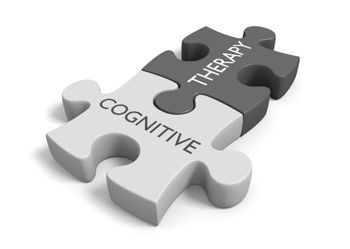
Although it is still widely believed that the management of chronic pain usually requires medications or physical interventions, a growing body of research has demonstrated the efficacy of psychological therapeutic modalities.

Although it is still widely believed that the management of chronic pain usually requires medications or physical interventions, a growing body of research has demonstrated the efficacy of psychological therapeutic modalities.
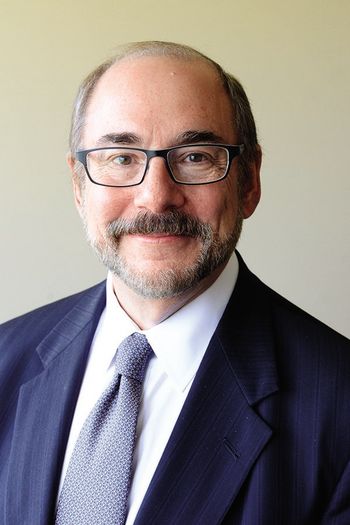
We listen carefully and use our empathic ability to both understand and provide support to our patients. This work is often at the heart of helping them become more reflective and gain the capacity to make adaptive changes in their internal realities.

Newly released evidence represents the most comprehensive currently available information about the initial choice of antidepressant treatment for acute depression in adults.
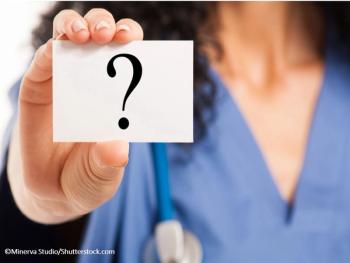
Besides being sad, patients who are depressed often feel disgruntled, resentful, or irritable. Such emotions can lead to violence in people who are predisposed to such behavior. Consider the questions in this quiz.
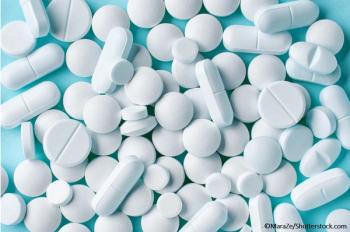
Seven common questions about addiction clinicians regularly hear-as well as the answers.
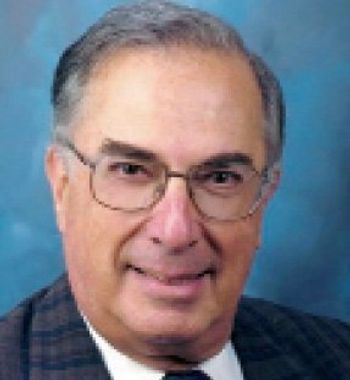
To goal of this activity is to understand the bidirectional relationship between depression and cardiovascular disease.
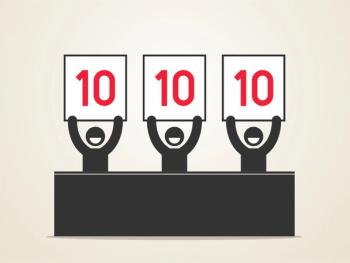
Rotten teeth, dirt creased face, he’d come in for a hot and a cot and collapsed with DTs...

A recent study found mindfulness-based cognitive therapy plus treatment-as-usual helped patients who stuck with the program.

"I walk back to her bedside and take her hand. I kiss her gently, hoping it won’t be the last. 'I’ll be back soon. You know I will always find you,'” writes the author in a personal account of life with her aging mother.

Two evidence-based psychosocial treatments are available for trauma-based nightmares. The authors provide a case illustration for each method.

The typical trials of an teen working to understand sex and intimacy is compromised by an inappropriate power dynamic in this film, according to the authors.
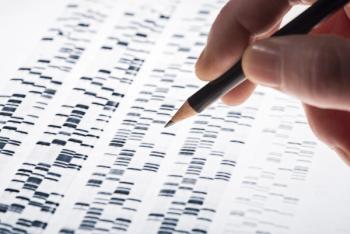
Old data have recently been gathered and systematically presented-reinforced by a new study, but perhaps contradicted by another. So it’s time to revisit this story.
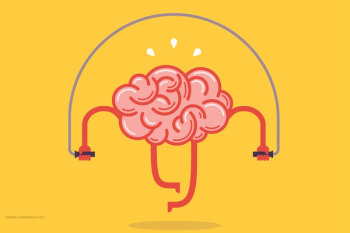
Although intellectual stimulation and socialization are of benefit, enhanced motivational ability may be key to averting cognitive decline.
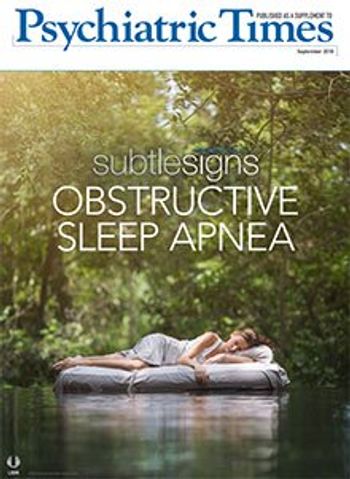
This educational supplement brings you closer to the latest medical understanding of these conditions by reviewing symptoms and causes, summarizing recent clinical trials for treatment of OSA, and discussing the case of a 50-year-old patient with excessive daytime sleepiness.
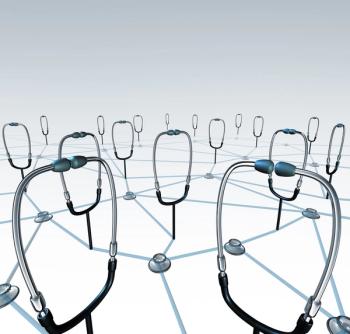
Hypomania looks very different when it’s mixed with depression.
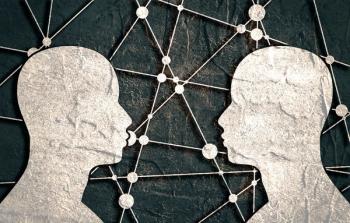
Children of parents with schizophrenia or bipolar disorder are themselves at increased risk of severe mental illness, and therefore are an important population to study the pathogenesis of these disorders.
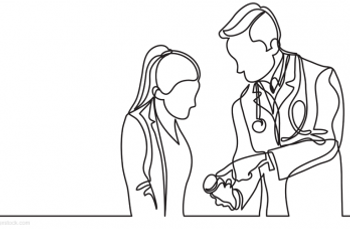
When patients ask, “How long should I continue antipsychotic treatment after the first episode of schizophrenia?”, consider this 20-year follow-up study.
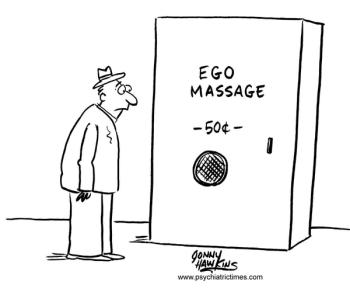
There's ego and there's ego.

The biological clock is set by daily cycles of light and darkness, and regulation of these cycles is a promising avenue of prevention in bipolar disorder. That is exactly what we’re not doing.
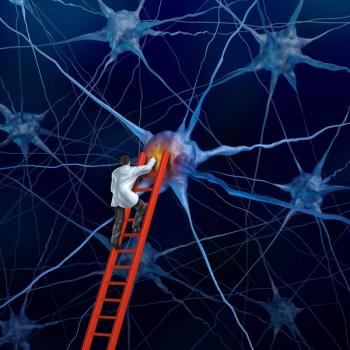
Given the severe burden, grave suffering, and lack of remission with standard therapeutics in many patients with PTSD, preliminary data on the role of ECT seems promising.
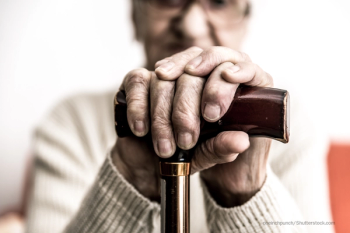
Trauma may be a hidden variable in the lives of older adults, impacting them in ways they may not recognize or be willing to admit.

This Special Report on stress and trauma brings together five topics that are neglected in the current literature.
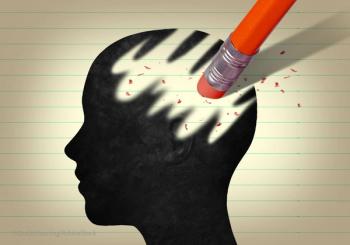
ART can be used in conjunction with other trauma-focused therapies. This article discusses the clinical utility of ART, as well as the research behind it.

Although efficacious treatments for PTSD have been established, many individuals remain symptomatic after treatment or never seek empirically supported therapies. This is where complementary and alternative medicine comes in.
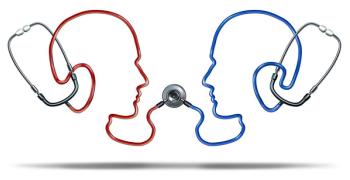
Providing detailed descriptions of interactions that occurred between patient and therapist moved our field forward by both honing our technique and considering more effective ways to help our patients. But is the sharing of cases ethical?

Two FDA-approved medications are making a dent in treating bipolar disorder in youths, a serious illness that adversely affects young patients, as well as their family and peers.

This article discusses the peculiarities of emergency psychiatric practice and reviews innovations in models of care delivery designed to overcome the challenges of this subspecialty.
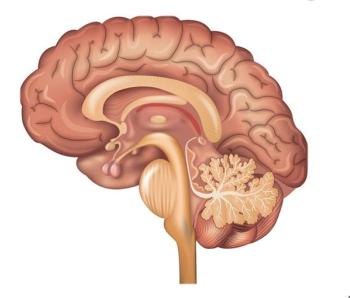
The recent increase in suicides highlights the urgent need for better treatment of severe depression. ECT is an intervention proven to reduce suicidality, yet it is underused because of the associated stigma.
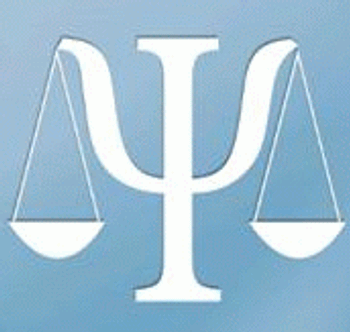
Which medical condition-characterized by the rapid onset of delirium, mania, and psychosis-is linked with bipolar disorder? Take the 5-question quiz and learn more.

Contemporary psychiatric genetics has come a long way. While the strong familial and hereditary basis of psychiatric illness has been known for almost a century, understanding the molecular underpinnings has proven to be the hard part.